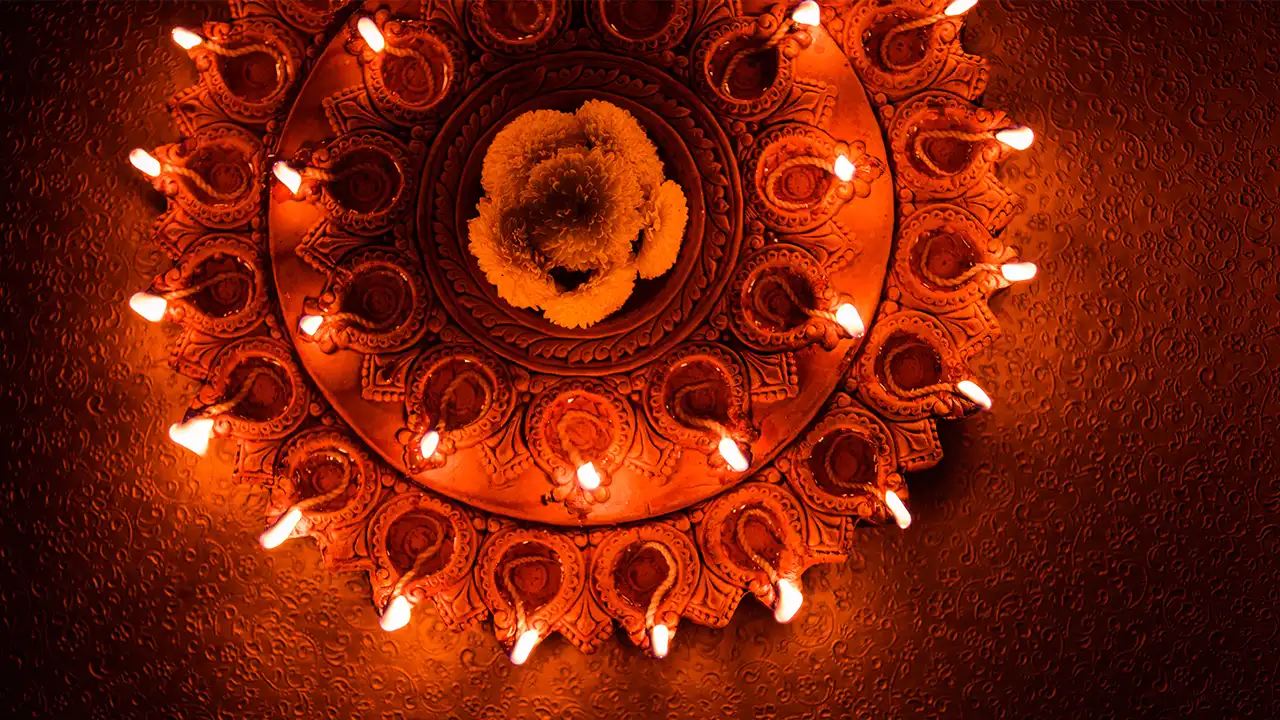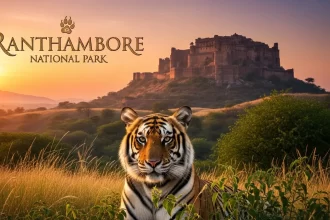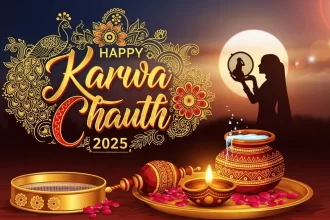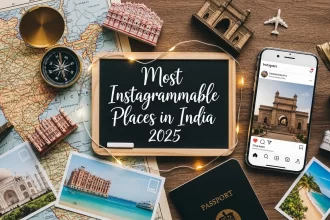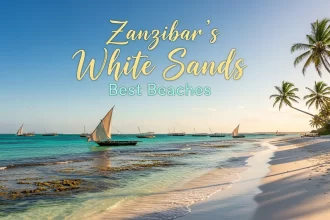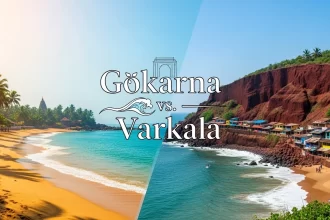As we think of Diwali, we tend to visualize the colorful celebrations in India—houses aglow with diyas, streets filled with firecrackers, and families coming together for puja. But do you know that there is a nation almost 14,000 kilometers from India where Diwali is observed as a national festival, and where Indians have been resident for more than 180 years?
Welcome to Fiji, a small island nation in the South Pacific with a large Indian-origin population and a strong cultural bond with the subcontinent.
Fiji: India’s Cultural Mirror in the Pacific
Fiji is an island chain of over 300 islands and might be the last place to look for a rich Indian heritage. Yet, thanks to history, Fiji boasts a vibrant community of Indo-Fijians that have maintained their traditions, languages, and customs over the generations
The Indian connection goes back to 1879, when the British recruited indentured laborers from India to work on sugarcane plantations under the “Girmit” system. Through the course of years, these immigrants settled in Fiji, constructing temples, schools, and cultural organizations—embedding the foundations of Indian identity in Pacific soil.
Diwali in Fiji: A National Celebration
Unlike elsewhere in the world outside of India, Diwali is not merely a cultural celebration in Fiji—its a public holiday. Schools, banks, and government departments close, and the whole country celebrates the festival spirit.
The festivities comprise:
- Lighting diyas and decorative lamps
- Lovely rangolis at residences and public buildings
- Satsangs, recitals of Ramayan, and pilgrimages to temples
- Fireworks in urban centers such as Suva, Lautoka, and Nadi
- Sharing of traditional Indian sweets and Fijian-Indian fusion dishes
What makes it even more special is that people of all communities—Hindus, Christians, and Muslims—often join in the celebrations, making it a truly inclusive and joyous occasion.
The Indo-Fijian Legacy
Today, nearly 38% of Fiji’s population is of Indian descent. Indo-Fijians have preserved not only Hindu customs but also Sikh, Muslim, and Christian practices introduced by Indian communities.
You’ll find:
- Hindi as a commonly spoken language, with a Fijian flavor
- Temples and gurudwaras constructed by the early immigrants
- Schools teaching Indian classical music, dance, and language
- Traditional clothing such as saris, salwar kameez, and kurta-pajamas being worn on festivals
Even local radio channels and TV stations televise special Diwali shows, interviews with community leaders, and devotional songs in Hindi, Bhojpuri, and Fijian-Hindi dialects.
Visiting Fiji During Diwali
If you are traveling, October or early November is an ideal time to witness Diwali celebrations in Fiji. Not only will you have the opportunity to observe the vibrant processions, cultural performances, and fireworks, but you’ll also see how a festival has the power to transcend continents and cultures.
Some of the most important places to visit:
- Suva – The city with great Diwali street festivals
- Lautoka – Where there are numerous Indo-Fijian temples
- Nadi – Cultural city with historic markets and cultural hubs
Combine your festival with a visit to untouched beaches, coral reefs, and Fijian villages for an experience that will never be forgotten.
Fiji’s Diwali celebrations are a living testimony to the strength of cultural roots and the beauty of shared traditions. Despite being thousands of kilometers away from India, this island nation glows every year in the spirit of light over darkness, good over evil, and love over hate.
Regardless of whether you are Indian by birth or just interested in the cultures of the world, Fiji provides a warm mix of heritage, harmony, and hospitality under the illumination of Diwali light.

